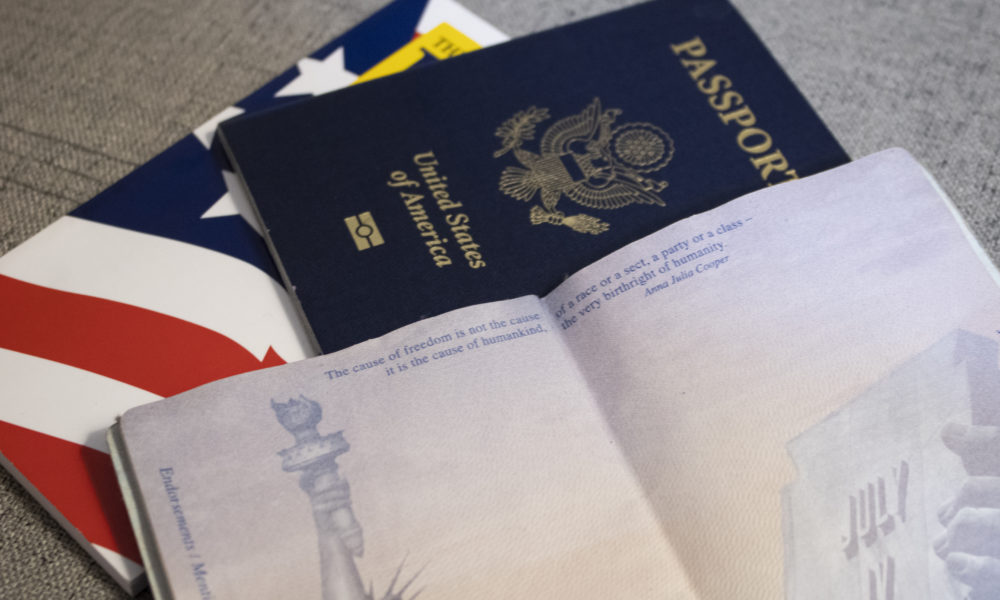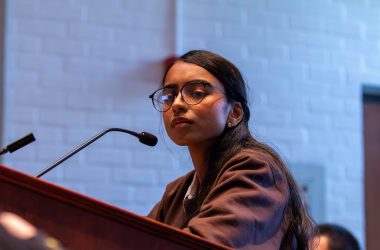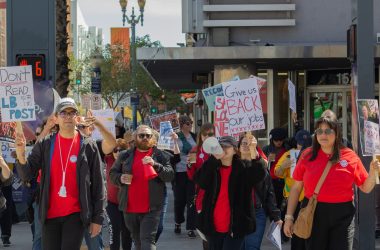During a virtual event hosted by Long Beach State Wednesday evening, Pulitzer Prize-winning writer Sonia Nazario recounted her experience reporting on immigration in Latin American countries and advocated for reform.
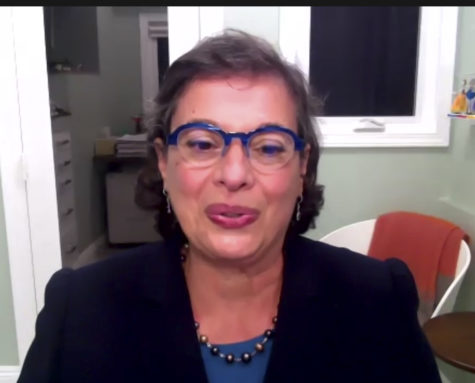
“Right now, I feel we must prioritize people who are running for their lives,” Nazario said.
Part of CSULB’s annual Donald P. Lauda Lecture Series, this year’s two-part event is titled “The Health and Wellness of Migrants and Their Families.” Nazario’s examination of life-threatening trauma as the driving force for immigration is the first part of this year’s program, and the second part will be held Friday, Nov. 20 as a breakout room discussion on direct community action.

Best known for her book “Enrique’s Journey,” a story following a Honduran boy’s effort to find his mother who emigrated to the U.S., Nazario is a two-time Pulitzer Prize winner for her investigative journalism.
A daughter of immigrants, Nazario uses her experience of growing up in Kansas and Argentina as insight into the adversity of living in a militant country and living in fear. She said that the experience of seeing criminals seemingly remain unreprimanded drove her to expose the reality of the living conditions many still face and the factors that often motivates people to leave their country.
“I grasped that the military was getting away with what they were doing because people just didn’t understand the magnitude of what was happening all around them,” Nazario said. “I understood that democracy cannot flourish without a vibrant press that holds people in power accountable.”
Nazario discussed her previous reporting experiences in Honduras, describing the “army of children” migrating to find their parents. With the majority only having a piece of paper with a name and a phone number, these children sacrificed limbs and sometimes even their lives to jump onto freight trains heading north.
She stated that through her reporting she has seen that children are increasingly unable to make it to the southern border of the U.S., either due to deportation or getting kidnapped by the “Los Zetas” gangsters that would use the same slips of paper with their parents’ names and phone number to demand ransom money.
In the midst of these children’s struggle however, Nazario felt there was hope as people throughout their journey smiled and offered food to help them along the way.
“The journey showed me the worst in humanity, but it also showed me the best of humanity,” she said. “People who today I think are models for how to act in the time when we are seeing the greatest hostility towards migrants since the great depression.”
Nazario said that being exposed to the trauma experienced by these children allowed her to understand the aspects of the immigration process that were working and those that were not. She cited the newly implemented policies under President Donald J. Trump’s administration has caused separation of families at the border and the limit to how many people can apply for asylum in a day.
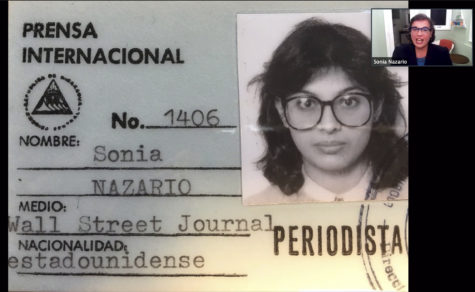
Throughout her time reporting on immigration, Nazario said she felt that migration is only getting more difficult for individuals in countries with complacent militant governments, like Honduras, Mexico and Guatemala, with increasing drug cartel violence.
She pointed out the advantages of having immigrants come to the U.S is they often are willing to take jobs that many Americans are unwilling to do. She believes that by investing in these countries to help support their nonprofits and children-specified programs would decrease the amount of individuals immigrating to the U.S.
“I think that the biggest benefit is intangible. Migrants bring grit, they bring determination that has helped for centuries lift up this country and has helped I believe make it great.” Nazario said.

